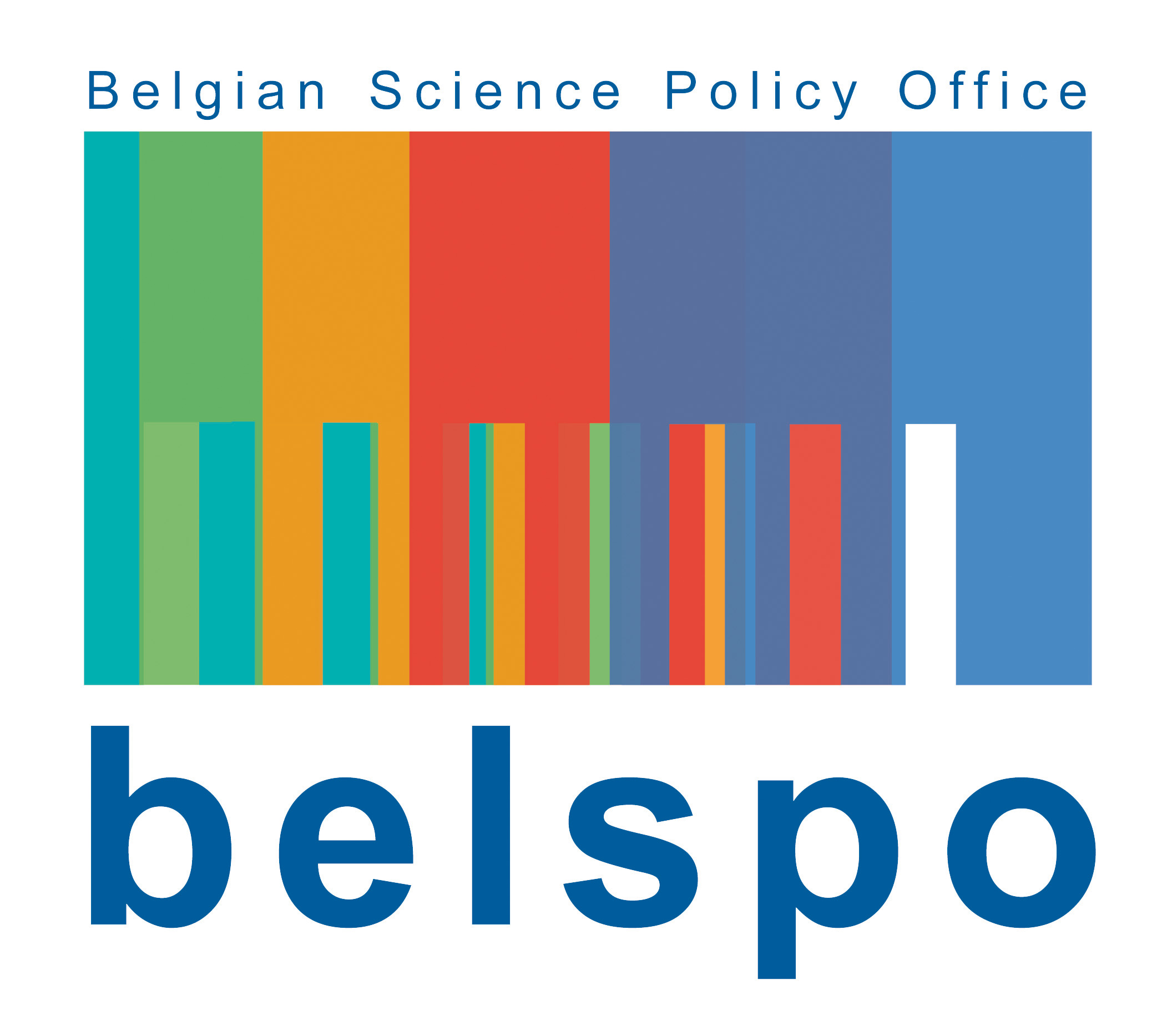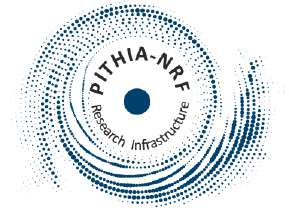According to http://www.swpc.noaa.gov, the GOES-15 data provision is temporarily interrupted.
PROBA2 LYRA has set-up an alternative for the GOES flare monitoring service using the zirconium channel of the PROBA2/LYRA radiometer (proba2.sidc.be) as a GOES proxy. It is especially useful when GOES is unavailable, as happened on March 21, 22 and 23. See http://solwww.oma.be/users/dammasch/GoesVsLyra.html.
 |
|
| Example of a few days ago (with GOES equivalent) | |
 |
 |
| Yesterday and today (without GOES equivalent) | |
The differences between GOES and LYRA curve are easily explained by the difference of bandpasses of both instruments. GOES spans from 1 to 8 A, while the LYRA zirconium channel covers the 6-20nm range, but also includes a strong contribution of wavelenghts below 2 nm. The LYRA flare profiles therefore peak slightly after GOES and the flare decay is much slower because of the EUV contribution. Nevertheless, the flare intensities deduced from LYRA data match quite well the ones of GOES.
 |
 |





